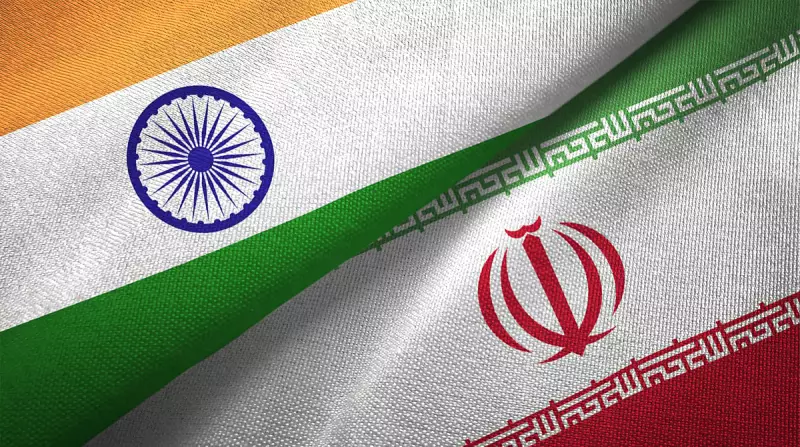
Iran Suspends Visa-Free Facility for Indian Travelers
In a significant development affecting Indian travelers, Iran has decided to terminate its visa-free entry policy for ordinary Indian passport holders effective November 22, 2025. The Ministry of External Affairs confirmed this major policy change on Monday, revealing that the Iranian government had formally communicated its decision to Indian authorities.
Why Tehran Took This Decision
The suspension comes following multiple incidents where Indian nationals were allegedly tricked into traveling to Iran by individuals exploiting the visa waiver facility. According to the MEA statement, certain elements had been misusing the visa-free arrangement to lure unsuspecting Indians to Iran under false pretenses.
The Ministry of External Affairs emphasized that the Indian government has been officially informed about these concerning developments. While the statement didn't provide specific details about the nature of these incidents, it clearly indicated that security concerns and potential misuse of the visa-free policy prompted Iran's decision to revoke the facility.
Impact on Indian Travelers and Tourism
The visa-free entry facility, which allowed ordinary Indian passport holders to visit Iran without prior visa arrangements, has been popular among tourists, pilgrims, and business travelers. With this suspension taking effect from November 22, 2025, all Indian citizens planning to visit Iran will now need to obtain proper visas through diplomatic channels before their travel.
This development is expected to significantly impact:
- Tourist travel to popular Iranian destinations
- Business exchanges between the two countries
- Pilgrimage visits to religious sites in Iran
- Educational and cultural exchanges
The MEA has advised Indian travelers to check the latest visa requirements and consult with Iranian diplomatic missions in India before planning any trips to Iran after the November 22 deadline.
This policy change marks a significant shift in travel regulations between the two nations and underscores the importance of maintaining secure and regulated travel protocols to protect citizens from potential exploitation.





